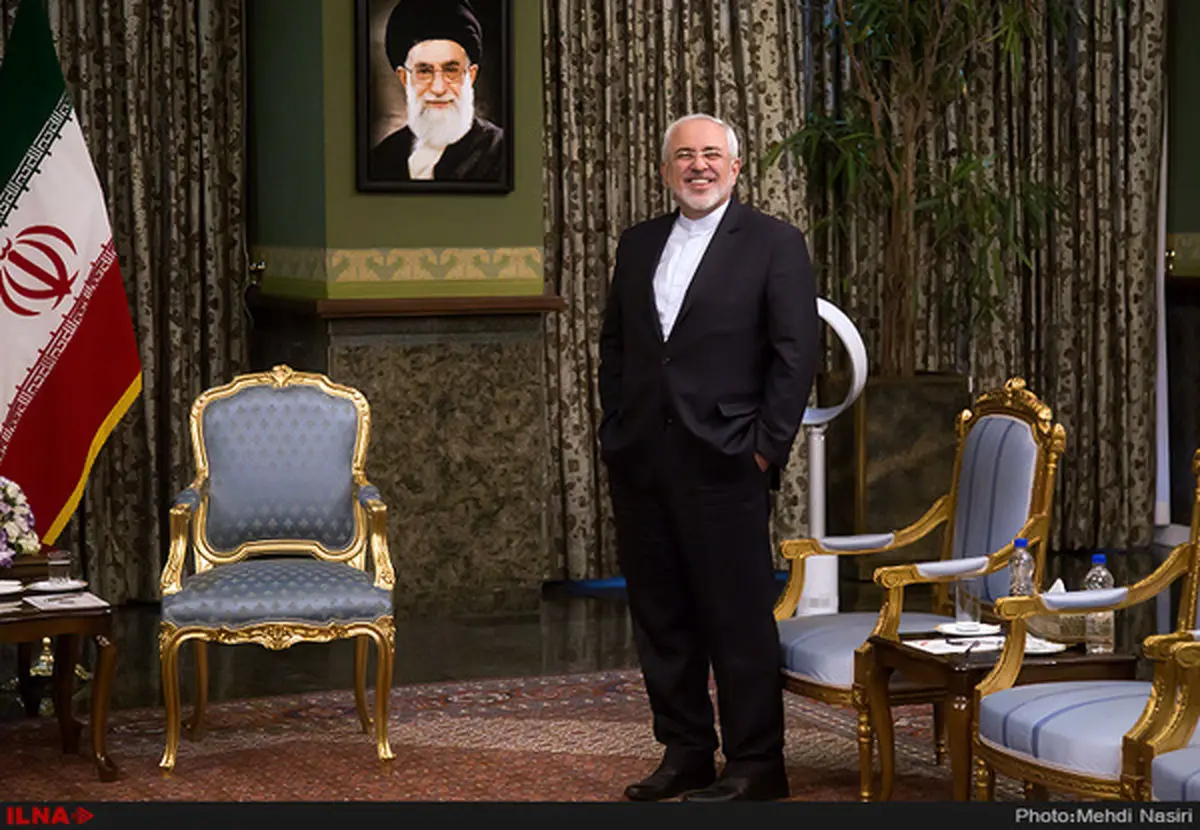Iran foreign policy change in new Rouhani government

Newly reappointed Foreign Minister Mohammad Javad Zarif said the government has prioritized the pursuit of an active economic diplomacy mainly focused on serving the national development.
"As we announced during the 11th government, foreign policy should be at the service of the country's development rather than inflicting costs on it," Zarif told state TV on Sunday, referring to President Hassan Rouhani's first tenure that was extended in the May election for another four years.
Zarif was among ministerial nominees who appeared before the parliament for a vote confidence earlier in the day.
With 236 out of a total of 288 votes, the parliament voted to renew Zarif's mandate.
"In the past, our foreign policy was under pressure from major powers and could not contribute to our development, but rather only inflicted costs," he said.
Rouhani inherited a sanctions-ridden economy from his predecessor when he first won the presidency in 2013.
Upon taking office, he assigned Zarif to lead the Islamic Republic's mission in negotiations with P5+1 (the five permanent members of the United Nations Security Council plus Germany) aimed at ending a 12-year standoff with the West over Tehran's nuclear activities.
The talks culminated in a deal 18 months later that saw those activities rolled back in return for the lifting of the crippling sanctions.
Relief from the sanctions has strengthened Rouhani's hand in pushing his plans for jumpstarting the stagnant economy by attracting foreign investment and technology.
Regional Outreach
Zarif said developing regional ties is also high on the government's agenda.
"To advance our foreign policy targets, we need to expand our regional outreach. The best destination markets for us to help boost domestic production and employment are located in the region," he said.
The top diplomat echoed Rouhani's remarks in his address to the parliament's Sunday session that protecting the nuclear accord from the threats posed by US President Donald Trump was a top priority of his government.
"A priority for the diplomatic apparatus is safeguarding JCPOA and countering the US bad promises. America should not be allowed to breach the action plan at Iran's expense," Zarif reiterated, using an abbreviation that stands for the Joint Comprehensive Plan of Action, the formal name of the pact.
Trump has constantly attacked the agreement brokered by his predecessor Barack Obama. He once vowed during his electoral speeches last year to dismantle it, but the beleaguered president came up short. He now appears preoccupied with finding a way to pull out of the international deal and pin the blame on Iran.
The hawkish Republican has imposed several rounds of fresh sanctions on the Islamic Republic since he was sworn in seven months ago.
END
